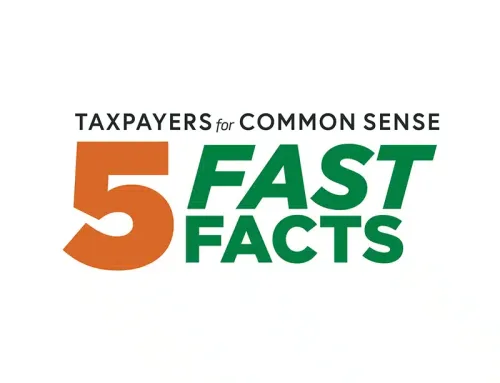
At a March 5th House Natural Resources Committee hearing on the Department of Interior (DOI)’s FY2016 budget request, Secretary Sally Jewell and Deputy Secretary Mike Connor answered questions from lawmakers on many issues tracked by TCS, including coal royalty reform, oil and gas leasing, renewable energy, and budget caps and sequestration.
In her opening statement, Secretary Jewell noted that DOI’s budget request includes continued investment in renewable and traditional forms of energy, and that it places an emphasis on water and wildfire issues. Rep. Lamborn (R-CO) expressed concern that private sector energy investment is decreasing, arguing that oil and gas leases have slowed. Jewell responded that the administration is committed to an ‘all of the above’ energy policy, while simultaneously managing the health of our public lands. She pointed out that leasing is dependent on oil prices, and that DOI is working hard to process permits and inspect wells in order to ensure a fair return for taxpayers for energy sold on public lands.
Rep. Lowenthal (D-CA) noted the complexity of DOI’s goals, which include mitigating the effects of climate change and carbon emissions, while also contributing to climate change through investment in fossil fuels. Acknowledging this dilemma, Secretary Jewell explained that U.S. economic dependence on fossil fuels will not disappear overnight, so DOI continues to invest in leasing and permitting for oil and gas while also investing in renewable energy sources. Rep. Westerman (R-AR) was also concerned about carbon emissions, emphasizing the importance of producing timber and biomass in order to stimulate economic growth, while keeping forests healthy and reducing carbon emissions due to wildfires. Further discussing the health of forests, Westerman also asked how DOI is addressing its billions in deferred maintenance costs. Jewell explained that this budget request addresses the maintenance backlog over a 10 year period, but that DOI is relying on passage of a transportation bill to address some of the funding. Rep. Tsongas (D-MA) applauded DOI’s investment in renewable energy projects and environmental impact statements, but expressed disapproval of plans for offshore oil and gas drilling in the Atlantic Ocean, citing the negative potential consequences of a spill for coastal communities.
Regarding coal, Rep. Zinke (R-MT) asked Jewell how new fees imposed on coal companies ease the administrative burden of leasing, to which Jewell responded that DOI is working to address GAO findings that taxpayers do not receive enough in royalties from resources processed on federal lands, and that the proposed coal royalty rule attempts to improve that process. Also concerned about this issue, Rep. Cartwright (D-PA) argued that federal taxpayers should be outraged that companies can avoid paying royalties on resources developed on public lands, and asked how DOI plans to ensure they are paid in the future. Jewell noted that the Office of Natural Resource Revenue (ONNR) is researching this and planning an updated rulemaking on royalties. Because royalties are also often lost due to methane emissions from inefficient natural gas wells, Rep. Lowenthal (D-CA) inquired whether DOI receives enough funding to inspect the wells and ensure adequate royalties for taxpayers. Secretary Jewell conceded that the quantity of wells is increasingly outweighing DOI’s capacity to inspect them. She thanked Congress for appropriating increased funding for permitting, but argued that increasing funds for inspection is equally important, and would help DOI better match supply and demand. Further noting the upcoming BLM rule on hydraulic fracturing, Rep. Lummis (R-WY) asked Secretary Jewell if states with preexisting ‘fracking’ regulations will be able to continue complying with their own rather than the federal rule. Jewell explained that if a state’s fracking rules are already stronger than the proposed BLM rule, the state’s rule would hold.
In other discussion, Reps. Westerman (R-AR), Gallego (D-AZ), and Gosar (R-AZ) questioned the Secretary about DOI’s Payment in Lieu of Taxes (PILT) program for states that encompass large areas of untaxable federal land, pointing out that communities rely heavily on this funding and that costs are increasingly exceeding the payments they receive. The lawmakers argued that more stable and predictable PILT funding is necessary, and Jewell agreed.
Rep. Tsongas (D-MA) outlined the negative effects budget sequestration has had on all agencies, noting that it has caused DOI to bring in less revenue due to delayed sales and missed royalty payments, thereby hurting communities, and Rep. Huffman (D-CA) praised DOI for moving beyond sequestration with its budget request in order to address these effects.
TCS has long argued that adhering to fiscal discipline would eliminate the need for sequestration and that an across-the-board cut to all energy subsidies would help level the playing field. Also, taxpayers must receive a fair return for resources extracted from public lands and waters, and we hope that as the appropriations process moves forward, important reforms to make federal mineral leasing and the related royalty collection system more transparent, fair, and accountable are included.











Get Social